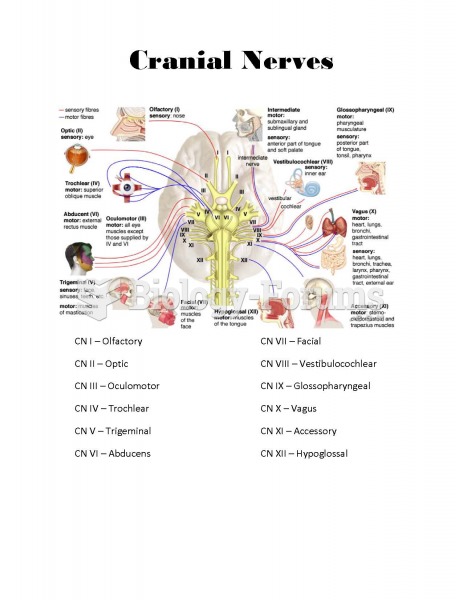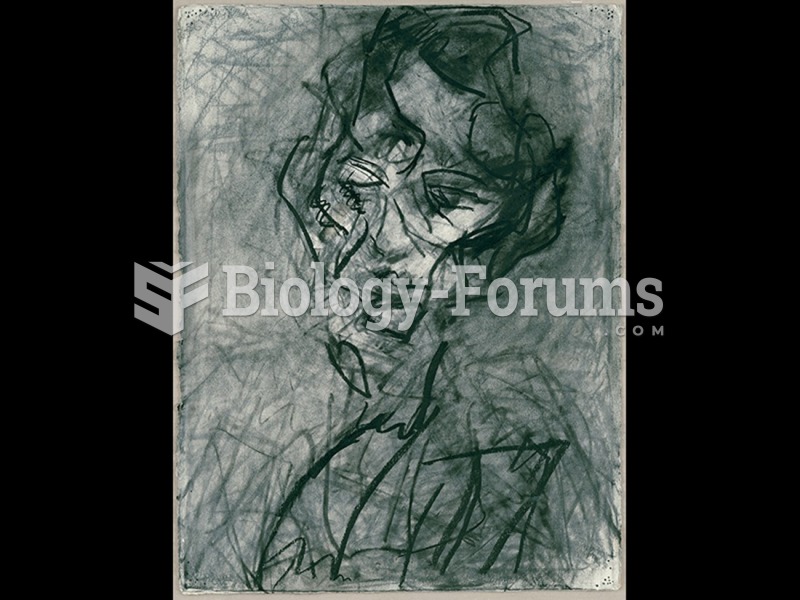|
|
|
In 1835 it was discovered that a disease of silkworms known as muscardine could be transferred from one silkworm to another, and was caused by a fungus.
Human stomach acid is strong enough to dissolve small pieces of metal such as razor blades or staples.
The ratio of hydrogen atoms to oxygen in water (H2O) is 2:1.
Anesthesia awareness is a potentially disturbing adverse effect wherein patients who have been paralyzed with muscle relaxants may awaken. They may be aware of their surroundings but unable to communicate or move. Neurologic monitoring equipment that helps to more closely check the patient's anesthesia stages is now available to avoid the occurrence of anesthesia awareness.
More than nineteen million Americans carry the factor V gene that causes blood clots, pulmonary embolism, and heart disease.







